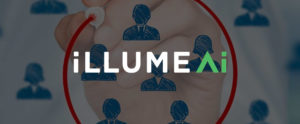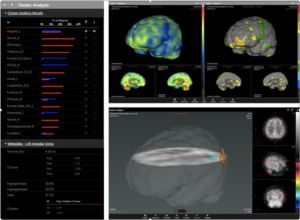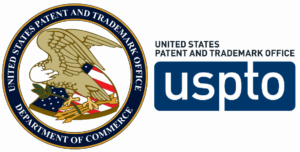The Holidays, that magical time of year when we tend to see the goodness of the world through the eyes of a child. It is the only time when adults can be children again as they revel in the comfort and nostalgia that our holiday traditions evoke.
Every family has its own traditions, but in the Kelley family games take center stage. Brain teasers, cards, board games, and a dining room table spread with 1,000 jigsaw puzzle pieces all challenge the mind and encourage analytical thinking, while fostering teamwork and advanced problem solving. Each year as I marvel at how well my grandchildren have progressed, I am reminded of the advantages of growing up in a digital world and how much more sophisticated and advanced they are in processing information than I ever was. I have always felt it is excellent practice for real world experience.
Much has been written (by me and other industry insiders) about the necessity of using technology to accelerate a wide array of medical advancements. One super important area of focus is to dramatically improve early diagnosis for some of our most feared diseases like Alzheimer’s. One approach being developed by our team of very skilled data scientists and others, is to intelligently data mine vast volumes of existing and new data sources. We intuitively know that there is enormous potential for early diagnostic opportunities contained in quantified imaging, family histories, cognitive testing scores, prior head injuries, DNA profiles, anti-body data, and other human biomarkers such as gut biome information. These patient elements are simultaneously analyzed using sophisticated algorithms and high-performance computing. Comparing those results to the results of other patients who resemble them, is already providing unanticipated and reliable information for patients and their medical providers.
We can expect that technology embedded in our grandchildren’s electronic games and their skills at processing multiple sources of visual and pattern matching observations will open up a new era of diagnostics especially with brain disorders. We know for certain that we will soon see a new generation of patient risk analysis tools. More importantly, they will serve as probability indicators for preventative intervention protocols. With the current raft of failed Alzheimer’s Disease clinical drug trials posting an abysmal 99.6% attrition rate in the decade of 2002 to 2012 (*), we need a new approach with this disease and others. Investigating neuro-inflammatory issues in the brain and corresponding human biome data will be a great example of where our team and others in the industry are counting on the power of the algorithms and collaborative data to provide much improved results.
I am a persistent advocate for sharing data from other leading medical startup companies for several reasons. First, in the context of “all boats rise”, it is in the interest of global health to race for cures given their massively increasing incidents and costs worldwide. From my perspective, the greater the sources and the more eyes we have on the data, the broader our insights will be. This will drive positive pressure for collaborative and multivariable research to improve outcomes. It is a position that is shared by many in the scientific and research communities, which is evident from a surge in sharing efforts within several European consortiums (**). It is my strong view that we will help researchers increase the quality of their reporting output with greater speed and accuracy. Increasing the speed of results while simultaneously increasing quality metrics has been a foundation of the technology industry for decades. With thoughtful and adaptive thinking, we can provide these proven innovations to medicine today.
Next, individuals are willing to become involved and donate their personal health data for the greater good under certain criteria. It is incumbent that data scientists establish for patients and study participants direct benefits and reassure them of their appropriate use. We want to establish credibility that will encourage them to participate in these “big data” approaches. This is particularly relevant in light of recent privacy concerns caused by data abuse headlines in the press today.
At CereHealth, we have been successful in overcoming these issues for most of this decade. We have been collecting patient consents for use of their data and showing them how it is used in our CereMetrix® diagnostic reports. We have experienced near universal acceptance when our clinicians explain the benefits of aggregating all of their health information to improve the value of further research and development. After ten years of accumulating rich, structured data we have a robust toolset capable of distilling millions of data points down to telltale patterns within groups of cohorts, which is hugely valuable to scientific study.
Finally, with our improved agility in collection, integration and analysis comes big picture utilization and investment. “So, it’s not just a database of images, of puzzles pieces,” says Shane Senior, co-founder and managing director of Crosstree Capital Partners, when speaking about CereMetrix®. “It’s a database of puzzles, because you have the entire view of the patient.”(***) Capital investment is critical to keeping innovation alive. It is also dependent on results. To the extent that we can fit the pieces together, companies like CereHealth, who are cutting edge biotechnology innovators, will be successful in establishing new frontiers.
As we wind down the year and reflect on our 2019 wins and even bigger hopes in 2020, I would like to thank you for being a part of the CereHealth family’s success this year, and wish you and your family a happy and safe holiday season. I also invite you to continue to be a part of our story by staying in touch as we usher in a new decade of hope for our patients.
Peace always,
John Kelley
Chairman & CEO
CereHealth Corp.




